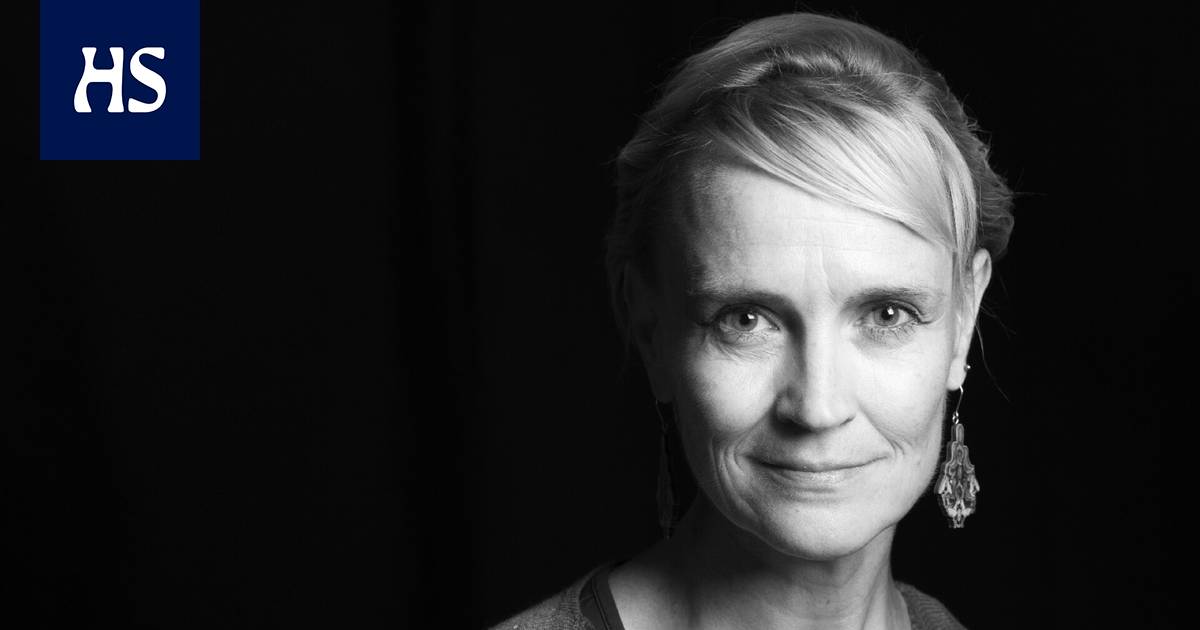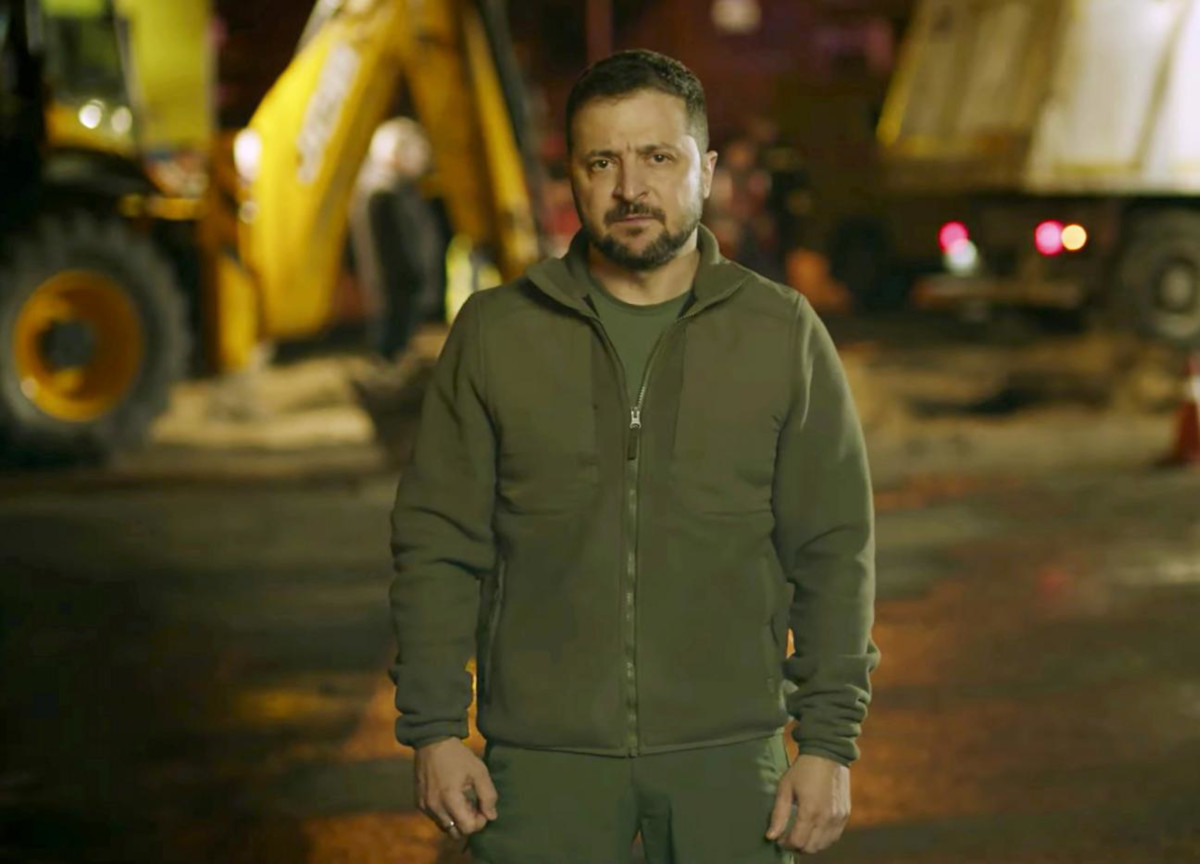In times of crisis, many western countries have started avoiding the news. Finland is an exception in two ways.
Are you procrastinated opening your cell phone in the morning for fear that something terrible happened at night?
Like Russia attacking Ukraine, hiding the use of nuclear weapons or blowing up a gas pipeline at the bottom of the Baltic Sea. Your electricity bill will multiply, the glaciers will melt.
Avoiding news has become a global trend in recent years, according to a recent Digital News report by the British Reuters Institute. There were respondents from 46 market areas, which represent half of the world’s population. 38 percent said they actively avoid the news.
Between 2015 and 2022, the proportion of those who said they were interested in news fell from 70 to 43% in the UK, from 67 to 47% in the US and from 74 to 57% in Germany.
Finland is an exception, because our interest in news has grown. No wonder: Brexit, Donald Trump, the coronavirus pandemic, the war in Ukraine and the NATO application have all fallen into seven years. But why have the same events made others avoid the news?
Proximity doesn’t explain it. According to the report, news avoidance has increased even more in Germany and Poland during the war in Ukraine.
According to Rasmus Kleis Nielsen, head of the Reuters Institute, many find the news depressing and meaningless. Especially the young and the less educated say that the news has a negative effect on their mood and leads to powerlessness. News obsession can therefore be an act of mental health. In addition, in countries like the United States and Britain, where the political divide is strong, the news is considered unreliable.
Here, too, Finland is an exception: our trust in the media has increased during the coronavirus pandemic. Maybe people appreciate revised information about the corona.
The news as an author, it is of course easy to argue against avoiding the news. The world doesn’t get better because you don’t know about it. If the Russians are killing Ukrainians, the media can’t help but report it because the listeners are harassed.
Still, even the author of the news has to admit that the media leans in the direction of bad news. The creators of Lööppi have known for hundreds of years what can be seen today in click figures and social shares: threats are more interesting than good news.
The government of Sanna Marin (sd) has given more than 800 motions and more than 30 reports to the parliament, notes an experienced political reporter. “The media’s attention is drawn to those laws that are disputed because the dispute is news.”
Some years ago there was talk of solution-oriented journalism. According to Kleis Nielsen, it’s funny that The New York Times recommends, say, the best suitcase for him, but not a solution to more important problems.
There is an explanation for this too. Focusing on solutions is easy in matters concerning individual choices, such as saving or health. There is no single solution to the war in Ukraine, or at least one that Russia would agree with.
The opinions of the public still cannot be ignored. Although news is interesting in Finland, one in five say they avoid it here too.
That’s why you should always put the media in perspective: put things in perspective. Abroad, you can see that many countries would still be satisfied if they had Finland’s problems.
“
The world doesn’t get better because you don’t know about it.
Media can also make news understandable. I personally like children’s science questions, because I get answers to things I wouldn’t dare to ask anymore. Many readers want to learn new things themselves, even when the world seems chaotic.
Media can also provide inspiring content as a counterweight to misery. The post-pandemic period could be the golden age of culture. In crises, the things that are worth living for are emphasized.
Finally it’s worth remembering that Finns can handle bad news exceptionally well. When the pandemic came, we quickly moved to remote work and took the vaccinations. When Russia invaded Ukraine, we applied for NATO membership.
The Finns still show themselves as fairly unanimous and solidary actors. We may not be the most talkative people in the world, but at least we don’t shy away from difficult issues.
That’s good news.
The author is the editor-in-chief of Helsingin Sanomat.
#Column #avoiding #news #stay #sane








